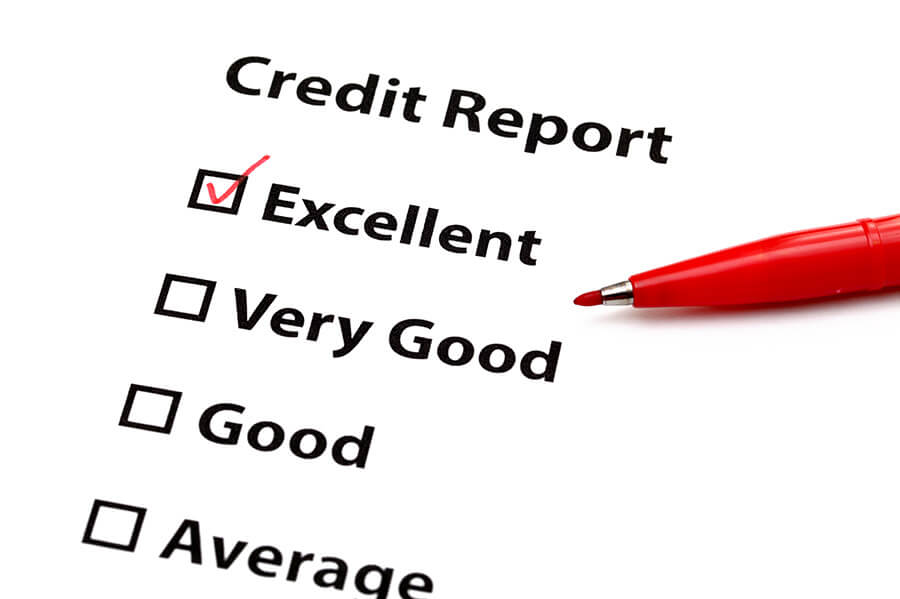Working capital means different things to different businesses. One company may need the money to cover the operations of the business during the slow season, while another may want the money to expand their product line or open another store in a new location. No matter why the money is needed, most lenders use the six c’s of credit to ensure the business is eligible to receive a loan.
Ownership “Character” – As Related to the 6 C’s of Credit
Lenders like character. Having good qualities is important if you want to obtain a loan. A solid educational history, knowledge about their industry, and a good business background will show a lender that you’re serious about fulfilling the requirements of the loan.
Capacity
In order for a lender to consider you for a commercial loan, they will need to know you have the capacity to pay it back. Your current payments on other debts and the amount of debt you carry at any given time. In order to obtain a commercial loan, you must be able to show how you plan on repaying it. If you can’t, you may not be approved; thus, have your capital sources outlined prior to application.
Capital
Capital is similar to collateral. A lender looks at what capital you have invested in your business and will determine how much capital you qualify for. A business owner is more likely to repay a loan if they have already invested a considerable amount of their own money into their own business. The more capital they have in their business, the more likely they are to get their loan.
Collateral
Collateral is along the same lines as capital. While capital is more fluid, collateral is the actual assets owned by the company. This includes guaranteed assets like real estate, vehicles, or equipment. If a business has a good credit history, it may be able to get a loan without having to put up any collateral to cover the funds.
Conditions
Lenders will want to know how the funds they provide will be used. You are more likely to get the loan if you are building or expanding your business. The market conditions play into this as well. If the market is strong and your industry is thriving, you are a much better risk than if you are involved in an industry that is currently going through a slump.
Credit Score
Credit scores don’t normally have the final say in whether or not you will be approved for your commercial loan. They do, however, provide a picture of your creditworthiness that most lenders rely on to build a good foundation of knowledge about you. The main purpose of credit scores is to show your payment schedule and whether or not you are consistently on time or late. The 6 c’s of credit provide lenders with the information they need to determine your level of credit risk. Understanding your c’s will help you be better prepared when you first approach your lender about applying for a commercial loan. When you need working capital, start out by checking your c’s and making improvements where you can.

